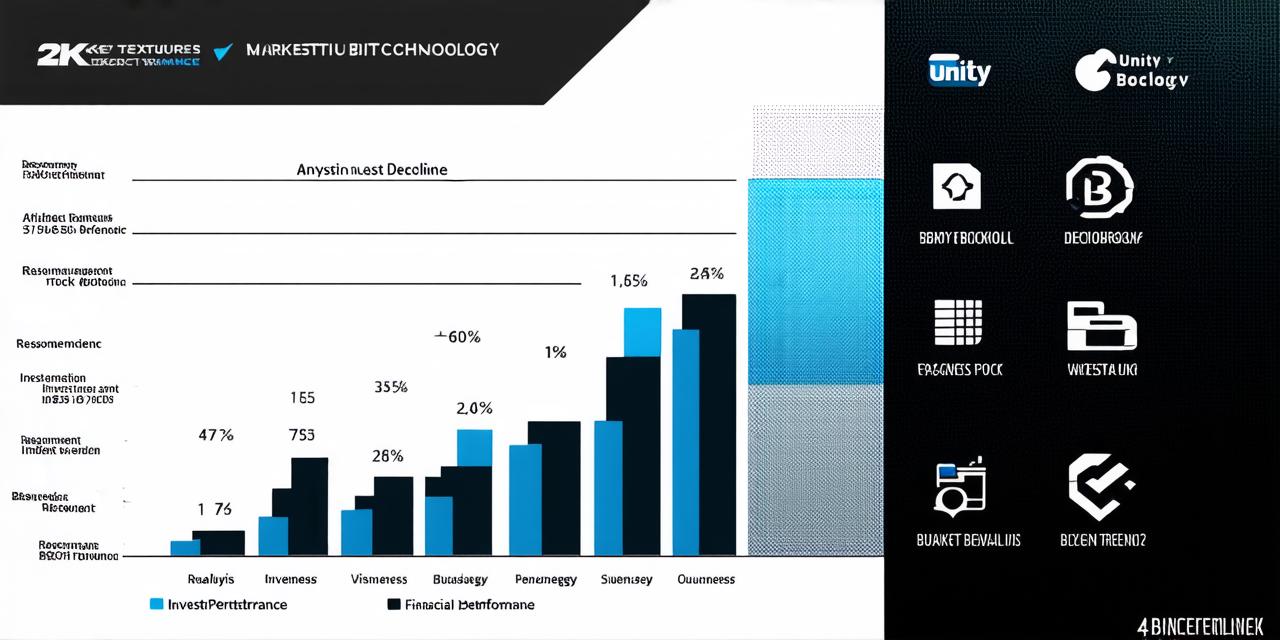Unity Biotechnology, a company that specializes in gene therapy for genetic diseases, has experienced a significant decline in its stock price in recent years. There are several reasons for this decline, including regulatory hurdles, clinical trial failures, and concerns about the long-term safety of gene therapy. In this article, we will explore these reasons in detail and examine their impact on Unity Biotechnology’s stock performance.
Regulatory Hurdles:
One of the primary factors contributing to Unity Biotechnology’s decline is regulatory hurdles. The United States Food and Drug Administration (FDA) has strict regulations for gene therapy, and Unity Biotechnology has faced several challenges in navigating these regulations. For example, in 2018, the FDA placed a hold on Unity Biotechnology’s clinical trial for its gene therapy for inherited blindness due to RPE65 mutations. This setback was caused by concerns about the safety of the therapy and delayed the company’s progress towards regulatory approval.
Clinical Trial Failures:
Another reason for Unity Biotechnology’s decline is clinical trial failures. In 2019, Unity Biotechnology’s gene therapy for inherited blindness failed to meet its primary endpoint in a phase III clinical trial. This failure was a significant blow to the company and caused its stock price to plummet. Additionally, in 2020, another clinical trial for the company’s gene therapy for spinal muscular atrophy was halted early due to concerns about safety and efficacy. These setbacks have eroded investor confidence in Unity Biotechnology and contributed to its decline in stock performance.

Long-Term Safety Concerns:
Finally, there are concerns about the long-term safety of gene therapy that have contributed to Unity Biotechnology’s decline. Gene therapy involves editing a person’s genetic code, which can have unintended consequences and pose risks to the individual’s health. There have been several high-profile cases of adverse events following gene therapy, including the death of a young girl in 2018 who received an experimental gene therapy for spinal muscular atrophy. These safety concerns have led some investors to question the long-term viability of gene therapy and its potential as a treatment for genetic diseases.
Summary:
In conclusion, Unity Biotechnology’s decline in stock performance can be attributed to a combination of regulatory hurdles, clinical trial failures, and long-term safety concerns. These factors have eroded investor confidence in the company and its ability to successfully develop and bring gene therapy treatments to market. While Unity Biotechnology continues to work on its pipeline of gene therapy treatments, it will need to overcome these challenges and address investor concerns in order to regain momentum and grow its business.
